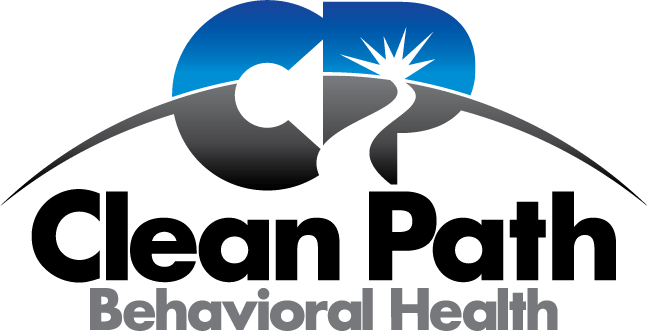Most of the clients seeking treatment for substance abuse have experienced trauma, often as a result of abuse. A significant number of them have the recognized mental disorder known as PTSD (Posttraumatic Stress Disorder). Studies have shown a strong correlation between trauma and addictions, including possibility that childhood abuse or past trauma plays a part in the development of substance use disorders (Andersons et al. 2002).
“Posttraumatic Stress Disorder (PTSD) is an anxiety disorder that can occur following the experience or witnessing of a traumatic event. A traumatic event is a life-threatening event such as military combat, natural disaster, terrorist incident, serious accident, or physical or sexual assault in adult or childhood.” (National Center for PTSD, U.S Department of Veterans Affairs).
PTSD symptoms begin almost right away after the trauma happens. However, for others these symptoms may not begin to manifest until years later.
PTSD symptoms may include:
- Flashback and nightmares of the trauma.
- Hypervigilance, being constantly alert or on guard.
- Avoiding certain situations or places that reminds them of the trauma.
- Panic attacks.
- Physical symptoms such as chronic pain, headaches, stomach pain, muscle cramps, or tightness or burning in the chest.
- Suicidal thoughts
- Depression
PTSD can also affect the person’s everyday life. They may experience problems functioning at work, school, home, social situations and maintaining relationships. They may also use drugs or alcohol to cope with the emotional pain.
Clients who have PTSD experience symptoms that can be similar to withdrawals, and the client may not associate these symptoms to this disorder. Some of the most common symptoms are tremors, sweating, difficulty sleeping and concentrating, being easily irritated and angered, dizziness, racing heart, chronic pain, headaches and stomach pains.
Mental health conditions can affect one’s mood, feeling and thinking. If you or a loved one has questions or concerns regarding a mental health issue and are considering seeking treatment, please call Clean Path Behavioral Health today 949-734-7432. Our friendly admissions team is always standing by to assist you with any questions you may have. Stop struggling and redefine your life. Call now!

